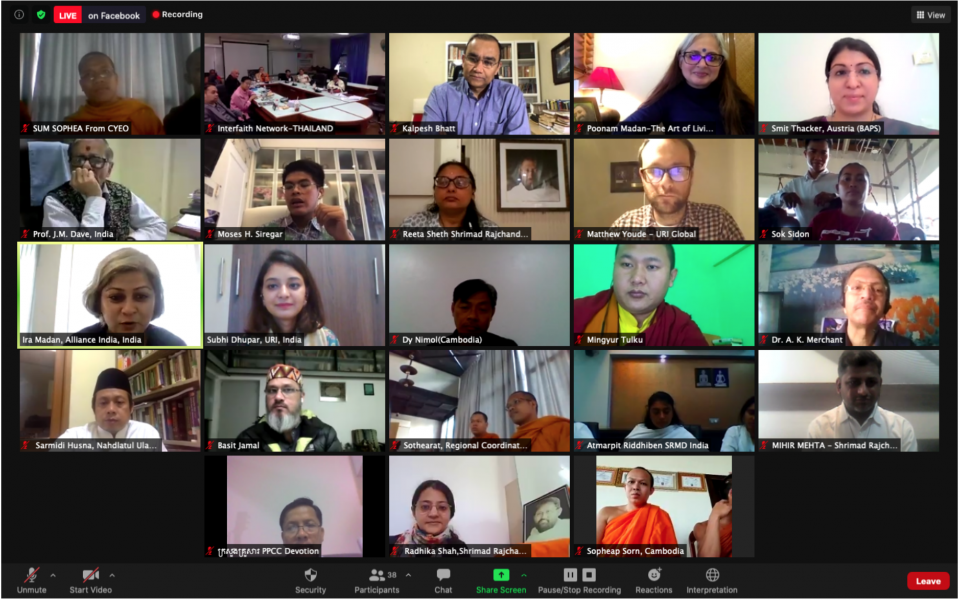
In 2018, United Religions Initiative (URI) and India HIV/AIDS Alliance (Alliance India) launched a novel initiative to build bridges between harm reduction and faith communities called #Faith4HarmReduction. Under the Regional Advocacy Grant of the Global Fund, they launched the Faith for Harm Reduction Manual - a Training Module for Sensitising Faith-Based Communities on Health and Rights-Based Approach to Drug Use.
The manual is the first step that intertwines the concepts of righteousness, insaniyat (humanity) and sewa (service) found widely across all religions to theologically highlight the narrative of harm reduction in various faith traditions. Within the framework of righteousness, most faith traditions tend to prevent or undermine the use of drugs. This is not because of its association to committing a sinful act and internalising the moral and cultural context; but for reasons of health, wellbeing and peace. The quality of righteousness is, therefore, taken by the individual in a way that their necessary and indispensable acts fulfil their responsibility towards self and society.
On 11th December 2020, URI, along with Alliance India, with support from Global Fund, hosted a dialogue called the “Human Rights & Faith For People Who Use Drugs in Times of Pandemic” based on the module Faith for Harm Reduction for the harm reduction champions in the faith-based community. This was the first convening cum training involving Faith Champions from the region.
Watch a short video clip of the program
With the aim of removing stigma, nurturing harm reduction champions and fostering partnerships for humanising the cause of drug use so that people who use drugs do not face barriers in accessing healthcare and harm reduction services; the #Faith4HarmReduction initiative was conceived under the “Harm Reduction Advocacy in Asia” (HRAsia) programme funded by the Global Fund, which is being executed by Alliance India in 7 Asian countries under a unique partnership involving national governments, civil society organisations, community networks and key stakeholders i.e., the United Nations, faithbased organisations and academia amongst others.
Read the full report below.
Watch the full program
